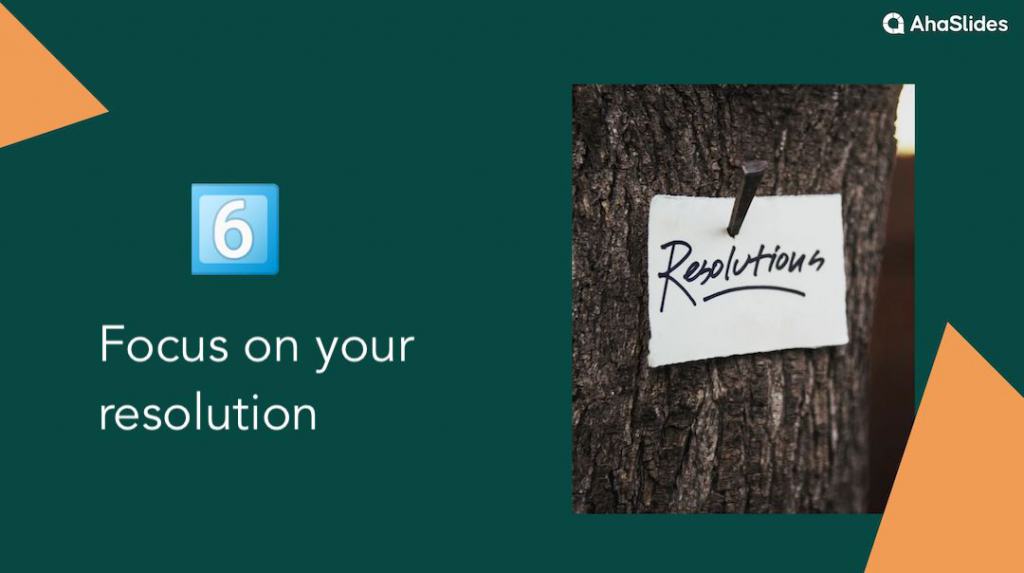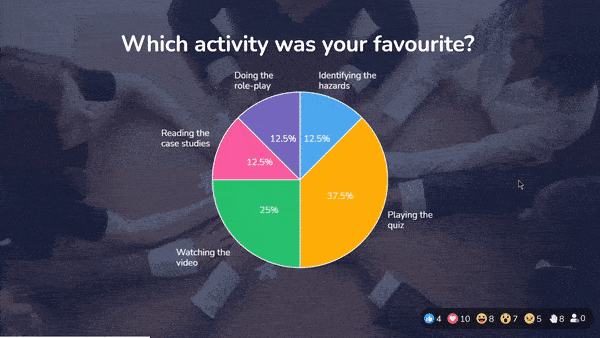我們都知道說謊只會讓你陷入更深的問題,但坦白承認也不總是那麼容易。
無論是一個失控的善意謊言,還是一個你一直隱藏的秘密,我們都會引導你 做的 以及 不要 誠實的時刻。
繼續滾動查看公式 如何說實話.

目錄
如何說真話 6個步驟
如果你厭倦了良心上的重擔,或是想要重新開始,這就是你認清現實的訊號。我們保證──真相帶來的解脫,遠勝於任何錯誤判斷所帶來的暫時痛苦。
#1. 直接但富有同情心

具體說明所發生的事實,不要誇大或遺漏任何內容。 簡潔地提供所有相關細節。
明確哪些部分是你的責任,哪些部分是外部因素。 取得所有權 明確自己的角色,而不責怪他人。
表達您理解其他人可能很難聽到這句話。 承認他們的觀點和潛在的傷害。
讓他們放心,你關心這段關係和他們的感受。 通過語氣和肢體語言表達您無意傷害他們。
#2. 承認錯誤,不找藉口

具體承認你做錯的每一件事,不要掩蓋或最小化任何部分。
使用“我”的陳述,將重點完全放在您自己的角色上,例如“我犯了一個錯誤......”,而不是更廣泛的陳述。
不要暗示其他因素也參與其中,也不要試圖為自己的行為辯解。只要陳述你的行為,無需辯解。
如果需要,承認錯誤的全部嚴重性,例如是否存在持續的行為或涉及嚴重後果。
#3。 沒有理由地闡述你的觀點

簡要分享您在當時情況下的想法/感受,但不要以此來淡化您的行為。
重點介紹您的心理狀態,不要將您的選擇歸咎於他人或環境。
坦誠地表明你的觀點不會否定實際影響或使其可接受。
如果你的觀點導致了明顯錯誤的決定或行為,請承認你的觀點有缺陷。
提供背景信息可以增進理解,但需要平衡,以避免利用它來轉移真正的責任。 你想要的是透明度,而不是錯誤的理由。
#4。 提出真誠的道歉

道歉時看著對方的眼睛,通過眼神交流和肢體語言表達誠意。
使用嚴肅、同情的語氣,直接說“對不起”,而不是使用諸如“我道歉,好嗎?”之類的模糊短語來逃避責任。
對你的行為讓他們在理智和情感上感到遺憾。
不要輕視影響或要求原諒。只要承認自己錯了,並且造成了傷害。
完全通過言語和後續行動進行真誠的道歉可以幫助受影響的人感到被傾聽並開始治愈。
#5。 做好反應準備

你需要接受憤怒、傷害或失望等負面反應是可以理解的,不要試圖否認它們。
讓他們自由地表達自己的情緒,不要反駁、找藉口或跳出來重新解釋自己。
不要把批評或侮辱當成針對個人的——要明白,當他們感到受傷的那一刻,強烈的言辭可能會出現。
如果他們在進一步討論之前需要時間或距離冷靜下來,請給予尊重。 一旦緊張局勢緩解,主動提出聊天。
冷靜地對待這些反應將幫助你建設性地解決它們,而不是處於防禦模式。
#6。 專注於你的決心

在最初表達情感之後,是時候轉向更冷靜、面向未來的討論了。
詢問他們需要從你那裡得到什麼,才能在這段關係中再次感到安全/支持。
對具體的行為改變做出衷心的承諾,而不是模糊的承諾,並就雙方都同意的未來行動徵求意見。
準備好建設性的建議,以便隨著時間的推移彌補或重建失去的信任。
修復信任是一個持續的過程-相信隨著時間的推移,傷口會癒合,理解也會加深。
底線
選擇不再欺騙是一種值得稱讚的行為,我們希望通過這本關於如何說實話的指南,您將更進一步地減輕肩上的負擔。
通過明確而富有同情心地承認錯誤,你將為寬恕鋪平道路,並通過脆弱和成長加強你與重要人物的聯繫。
常見問題(FAQ)
如何輕鬆說出真相?
從閒聊開始,保持隨意、平靜。 通過保持低調和以解決方案為導向,而不是防禦性或情緒化,你會感覺更容易說出真相。
即使很傷人,你又如何說真話呢?
誠實需要勇氣,但如果帶著同理心、責任感和治癒現實造成的裂痕的意願去做,這往往是最仁慈的道路。
為什麼說實話這麼難?
人們常常因為害怕後果而難以說出真相。有些人認為承認錯誤會傷害自尊,而有些人則認為這很困難,因為他們不知道別人會如何回應真相。






